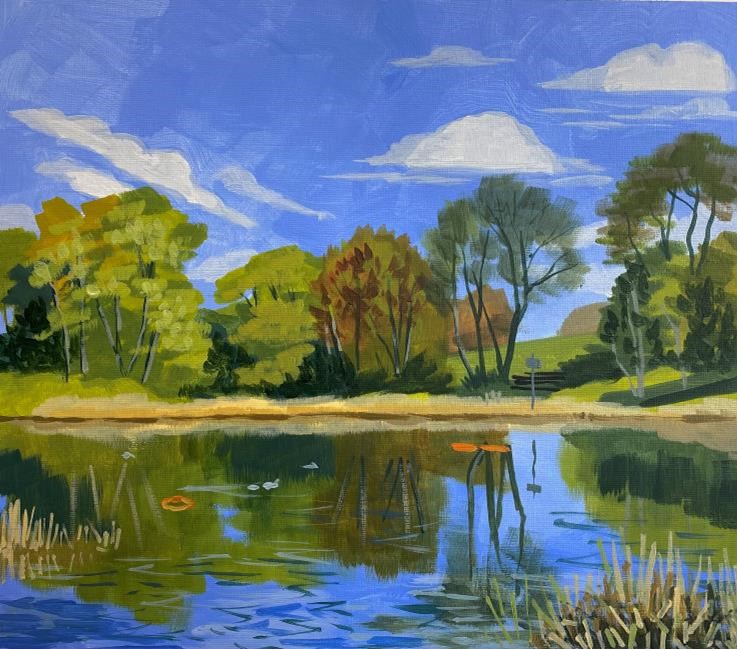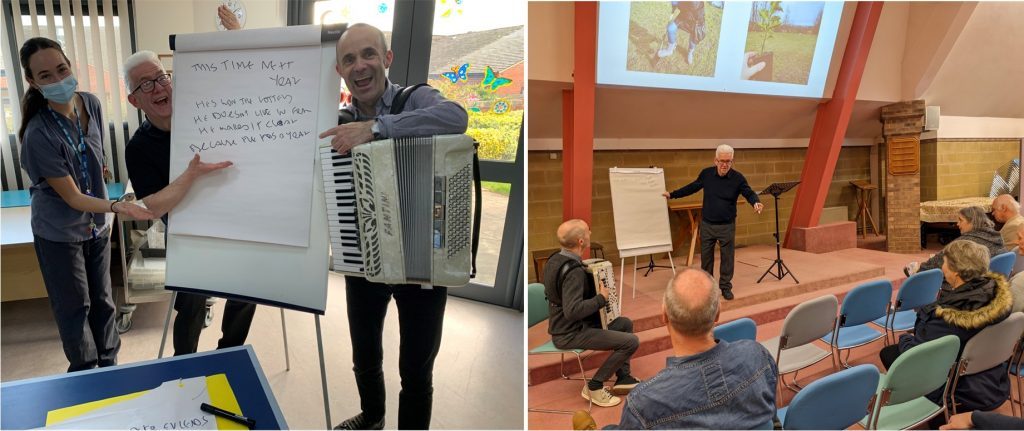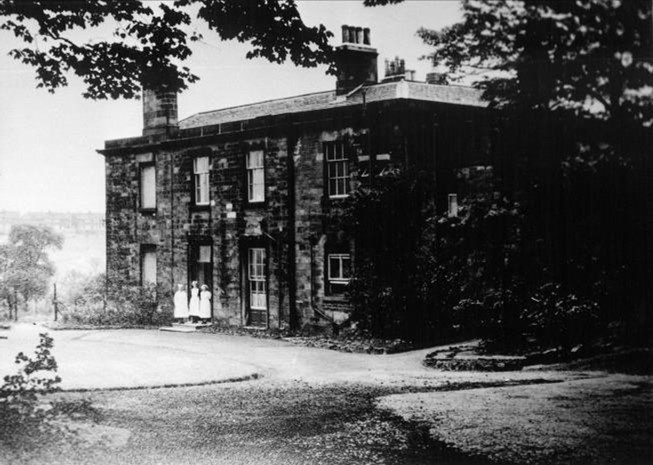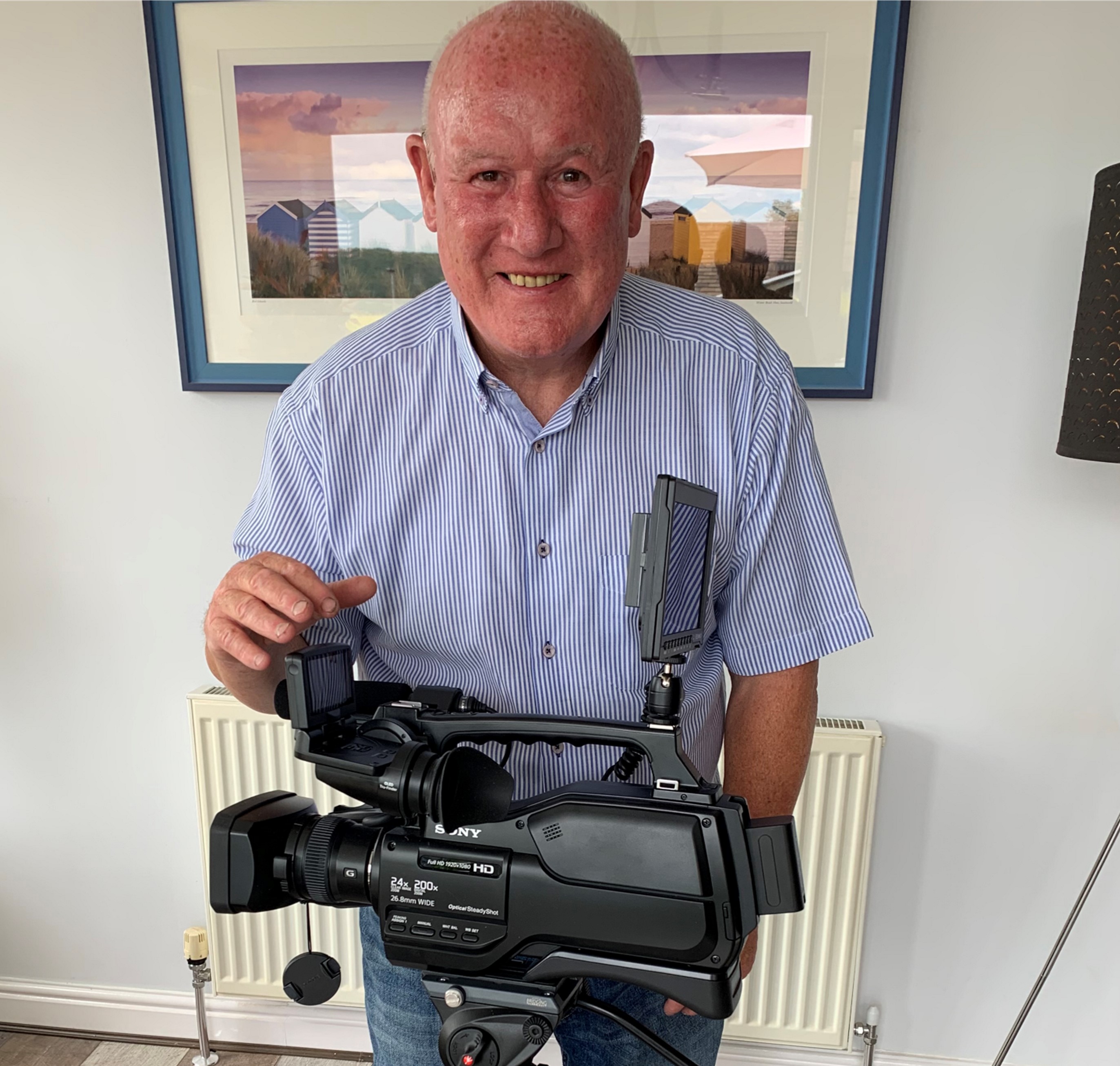Sometimes the most fascinating stories are found in the most unexpected of places – if you look close enough.
A new project led by Barnsley Museums has pooled together heritage with arts and culture to show that all is not lost with the old Swanee Pond in Kendray.

Keen to showcase culture in less obvious places, this is the first time a heritage project has focused on Kendray. Thanks to funding by the National Lottery Heritage Fund, the Up the Swanee! project has brought to life an abundance of hidden history and rich folklore.
Barnsley Museums’ Steven Skelly has been working with Barnsley bard Ian McMillan, composer Luke Carver Goss, and historian Jane Ainsworth to engage with the local community and collate their memories through music, art and poetry.
Backing on to Barnsley Cemetery near the site of the former Slazenger Factory, Swanee Pond is often overlooked as a place of fly tipping and anti-social behaviour. But it’s also a place of dreams, a place for quiet reflection and a rare green space within the urban residential area.

Throughout the spring and summer months, the team have held creative workshops in the area at Kendray Hospital, Barnsley Academy, Forest Academy, and St. Andrews Community Centre to hear from young and old about what Swanee Pond means to them.
Ian and Luke worked together to create folk songs based on the stories they heard, with an accordion, guitar and even a didgeridoo being part of the songwriting sessions.
Many years ago, kids were warned not to go down the Swanee as it was a dangerous place to play; people thought it was an old mine shaft from the former Pindar Oaks Colliery. However, Jane Ainsworth has uncovered its true origins.

As the name suggests, Swanee Pond was indeed home to swans. It was a boating lake on the Pindar Oaks estate, a mansion house that was once inhabited by some of Barnsley wealthiest and most influential families. It was constructed as an ornamental garden feature from the natural Mearsborough Dike that flowed through the estate.
Jane’s historical research also uncovered some fascinating facts ranging from a priest watching the Aurora Borealis reflected in the pond in 1882 to Mary Queen of Scot’s armour being kept as a relic in a mansion house.
There were also stories of great sadness, such as four drownings in the pond, three of which were in the 1940s. Going back further to the Victorian era, there was a local man who would drown dogs and cats in Swanee Pond if they were ill or their owners couldn’t afford to keep them.
Artist Richard Kitson and illustrator Liz Kay have created artwork based on these historical findings and the stories of local anglers during visits to the pond.

Their work, along with Jane’s research, will hopefully be published in a new book sometime next year thanks to funding from Barnsley Museums & Heritage Trust (BMHT). There are also plans to record the folklore songs and stories down live from the pond for a podcast later this year.
For more updates, check out Barnsley Heritage Connects on social media or visit www.barnsley-museums.com






